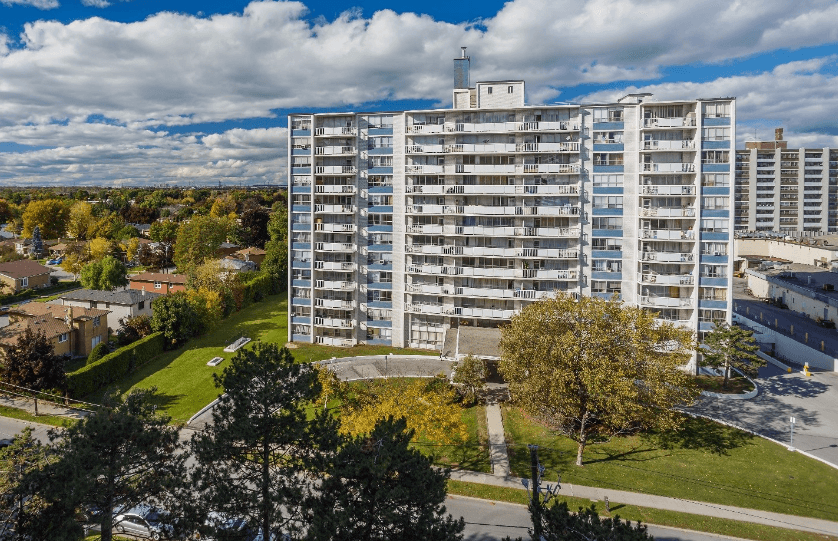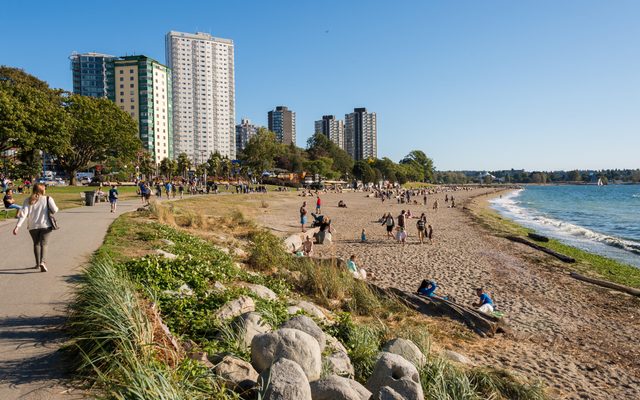- What The GTA experienced a drop in multifamily transactions (-25%) and sales volume (-44.1%) in the first quarter
- Why Private buyers making smaller deals are taking over a larger share of the market
- What next Rental demand will hold the market steady as investors wait for interest rate cuts
Multifamily sales in the Greater Toronto Area fell at an annual rate of 25% during the first quarter, with just nine transactions recorded, Colliers said in a new report.
Sales volume also declined in the first three months, falling 44.1% year over year to $171.1m. More than half that volume ($88m) came from the sale of the Junction Factory Apartments at 3385 Dundas Street West in Toronto.
The first quarter typically sees fewer sales, but this year’s numbers are low even on a larger scale, Kyle Lindsay, an associate vice president and a broker in Colliers’ Toronto multifamily group, told Green Street News.
“Although transaction activity has been down overall since the rate hikes in 2022, Q1 23 was already below average, which diminishes the impact year over year,” he said. “So, to put it in perspective, this transaction activity in Q1 this year was 60% below the five-year average. Then to measure that in dollar volume, Q1 24 was 45% below the five-year average.”
A total of 390 units traded in the first quarter, down 59.2% from the same time last year. Despite the decline, the average price per suite rose 17.4% to $366,000. But Colliers noted that that isn’t fully indicative of the market dynamics.
Two recent sales of purpose-built rentals completed post-2020 led to inflated numbers: the sale of the Junction Factory Apartments to Realstar, which traded at $672,000/unit, and Colonia Treuhand’s purchase of 41 River Street in Toronto for $26.m, or $903,000/unit. Removing these from the quarterly calculation drops the average per-suite price to $246,000.
“With exception of the new purpose-built rental deals, transaction activity of older stock was reflective of current market trends,” Lindsay said. “Private buyers have clawed back market share since the rate hikes, so this has resulted in a higher percentage of smaller and value add deals, which will often trade at a lower price per unit.”
Growing Cap Rates
The average capitalization rate rose to 3.80% in the first three months of the year, up 21 basis points annually. That reflects the impact of high borrowing costs on liquidity, Colliers said in the report.
Lindsay noted that the rise in cap rates in the GTA reflects a broader trend. “We’ve seen cap rate expansion across all markets,” he said.
Asking rents in Toronto remained flat. One-bedroom units had an average asking rent of $2,489/month, while two-bedrooms had an average of $3,270/month. Both represented a roughly 1% year-over-year increase.
Strong rental demand will buoy the market in the near-term as investors wait for interest rate cuts to begin, Colliers said. The potential easing of financing conditions is expected to act as a catalyst for growth, placing the sector “on the cusp of a rejuvenated transaction cycle.”




